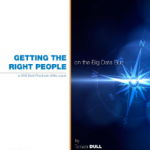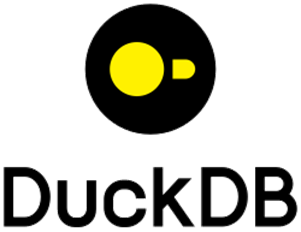 Confusion is one of the big challenges companies experience when defining the data governance function – particularly among the technical community.
Confusion is one of the big challenges companies experience when defining the data governance function – particularly among the technical community.
I recently came across a profile on LinkedIn for a senior data governance practitioner at an insurance firm. His profile typified this challenge. He cited his duties as:
- Responsible for the collection and interpretation of customer data.
- Provide business intelligence, management information and analysis for senior management.
- Drive a change culture through multi-departmental activity.
- Created a comprehensive data quality analysis package.
- Lead User Acceptance Testing activities for database development.
To me, this appears to be a classic blurring of the lines between data quality, data governance and data management. These tasks could easily fall under any number of roles. But it worries me when I see tasks like "interpretation of data," "analysis of management information" and "user acceptance testing" all bundled into a data governance role.
Sometimes, of course, we are asked to create and shape our role, and there can be considerable overlap between disciplines. But I think when it comes to data governance, we need to be crystal clear on the boundaries and rules of engagement.
Why the need for clarity?
When you water down the data governance role by including a bunch of tasks that drift outside of scope, you invariably confuse the organization as to what data governance delivers. As a result, people place less importance on the governance function it provides.

So how should the data governance role be communicated?
I think John Ladley does a great job of explaining the role in his book: "Data Governance: How to Design, Deploy and Sustain an Effective Data Governance Program." John introduces the concept of managers and auditors to make the distinction.
Managers focus on getting the work done. They ensure their teams are aware of the latest standards and are following them correctly. Sure, they may not physically do the work themselves – but they are closely involved with the data management work being done as they assign tasks and oversee progress.
Auditors have a very different role. They create the data standards and policies. They check for compliance but don't carry out the day-to-day work. They may occasionally observe the work so they can refine and update their standards – but unlike our earlier data governance practitioner, they should never be tasked with manipulating operational data or doing testing and data quality analysis work themselves.
Actions
- Do you have a data governance function in your organization? Why not take a closer look at the tasks these folks are performing.
- Are they auditors or managers? Data management workers or data quality workers?
- Are there overlaps and blurring between functions?
- How can you tighten up these roles and clearly define data governance so there is emphasis on compliance and control as opposed to data management?
I welcome your views and findings in the comments below.






